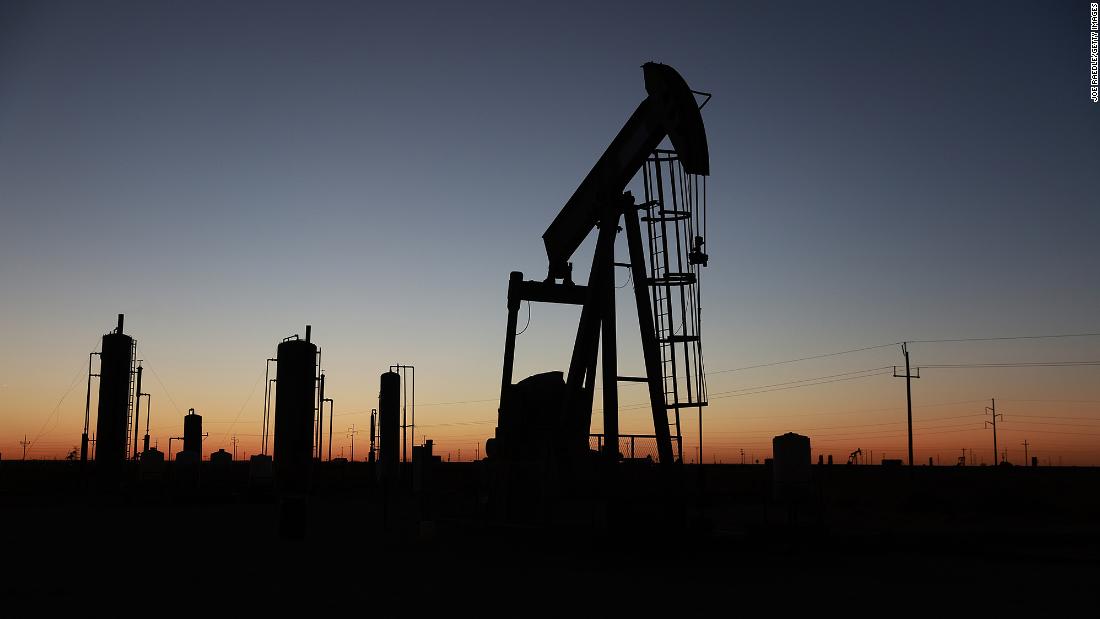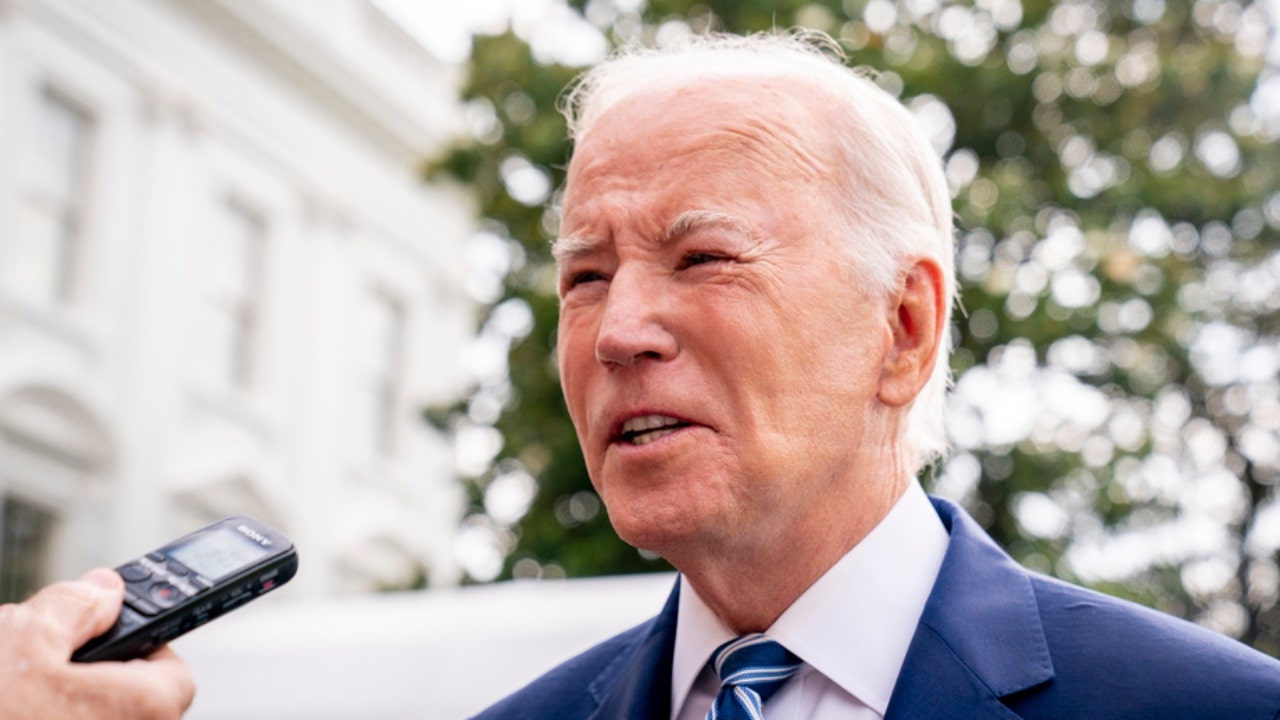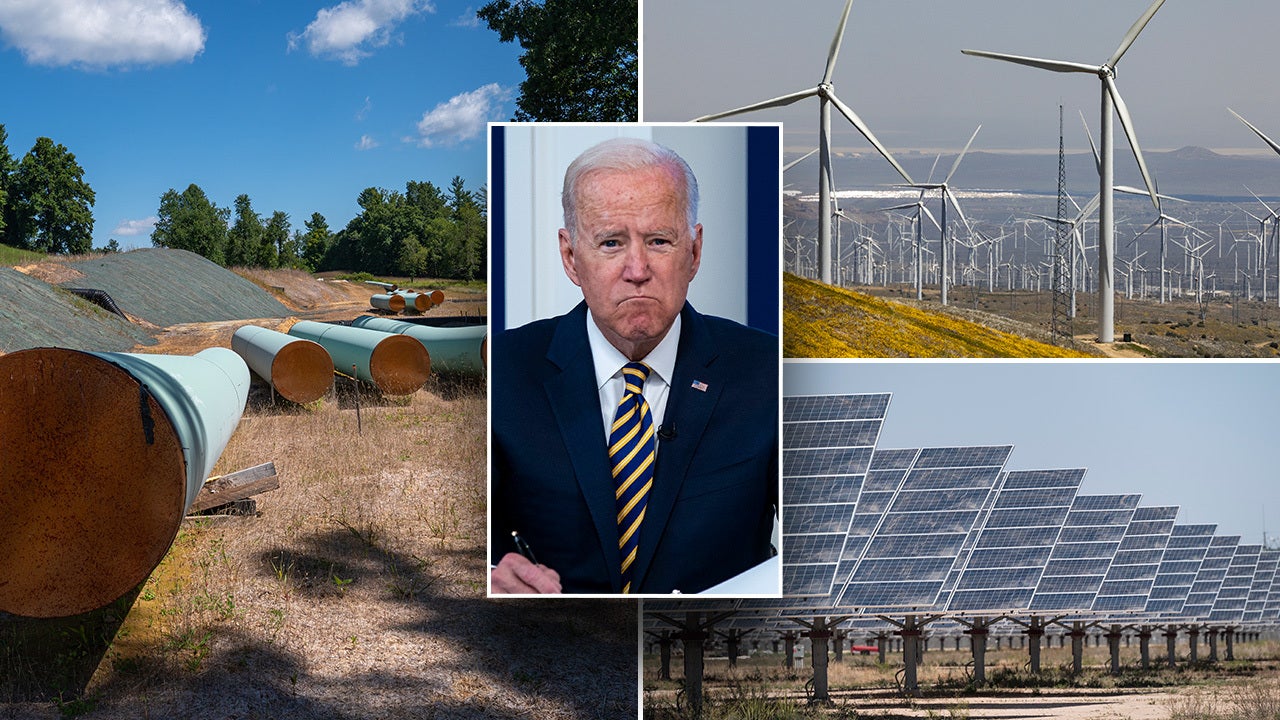Everton Football Club’s creditors are battling to buy the Premier League side from its British-Iranian owner Farhad Moshiri, in the latest twist following the collapse of 777 Partners’ takeover deal.
Stockbroker entrepreneur Andy Bell and property magnate George Downing are competing against US firm MSP Sports Capital to enter exclusive talks with Moshiri, according to people with knowledge of the matter.
While Bell, Downing and MSP are central figures because of the loans they have provided to help fund the club’s new stadium, the people said Everton has received other investment proposals.
The Liverpool-based club has been in limbo since September, when 777 agreed to become its next owner. However, the Miami investment firm failed to meet a series of conditions required for Premier League approval and its deal with Moshiri expired last week.
BDT & MSD Partners, the merchant bank and investment firm, is ready to provide financing to the club as part of a takeover, according to people with knowledge of the matter. The US bank has not agreed to back either of the creditors yet, those people said, but is willing to support the most credible buyer.
BDT & MSD, Moshiri, Everton and Bell declined to comment. MSP and Downing were approached for comment.
US insurance group Advantage Capital Holdings, a big lender to 777, has made a separate proposal, according to a person with knowledge of the matter. Bloomberg earlier reported that A-Cap had offered to refinance all of Everton’s existing debt and take a minority equity position, with Moshiri retaining a majority stake.
A-Cap did not comment on the proposal but previously told the Financial Times that it was now a “senior secured creditor of the club”.
Following its bid in September 2023, 777 provided more than $200mn of loans to Everton. The apparent shift of the debt to A-Cap follows the Miami firm’s move to appoint an outside restructuring firm after clashes with 777’s creditors and the unravelling of its Bermudian reinsurance funding structure.
A-Cap has been slashing its exposure to 777 after US state regulators and rating agencies raised concerns.
Everton is one of the most successful teams in English football history, having been crowned champions of England nine times, although the most recent of those triumphs came in 1987.
The lossmaking, indebted club has struggled since its finances were dealt a blow by the coronavirus pandemic, which meant matches had to take place in empty stadiums. Another blow came when Russia invaded Ukraine, forcing Everton to cut ties to sponsors connected to oligarch Alisher Usmanov, Moshiri’s former business partner, who was placed under sanctions.
Meanwhile, Everton has had to finance the construction of a waterfront stadium that is designed to increase its match day takings in comparison with its current home ground, Goodison Park.
MSP, Bell and Downing are among the investors that have provided about £160mn in loans to help finance the Bramley-Moore Dock stadium. Rights and Media Funding, which has also financed clubs in Spain’s La Liga, is another lender.
Bell, who founded UK broker AJ Bell, and Downing are Everton fans. MSP, which is led by American-Iranian businessman Jahm Najafi and former sports agent Jeff Moorad, owns a minority stake in McLaren Racing, which competes in Formula One and other car racing competitions.
Everton’s net debt increased to roughly £330mn at the end of June 2023 from £141mn a year earlier. Those figures do not include the debt associated with A-Cap and 777.































